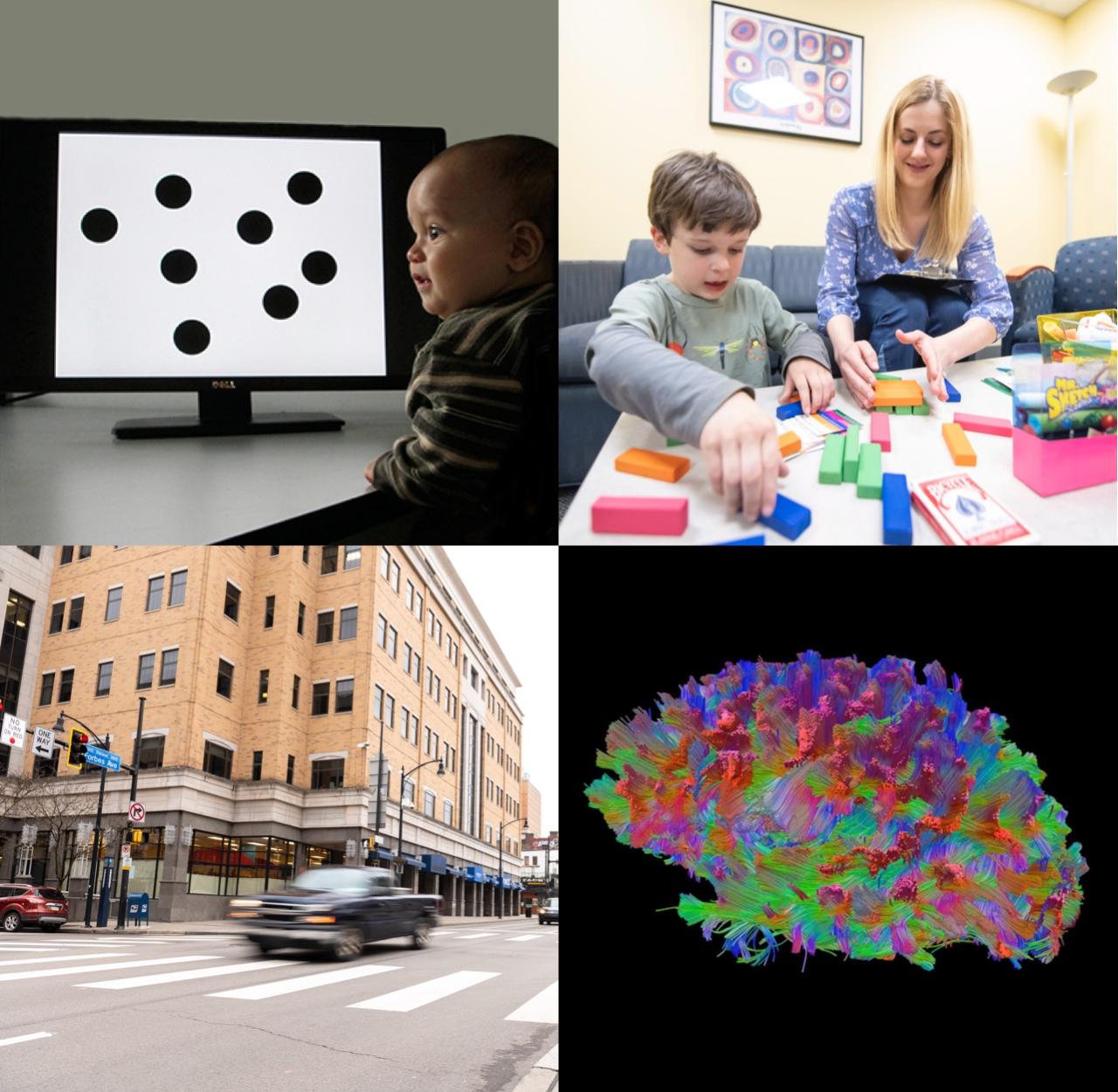Connections and Resources
The Department of Psychology has strong connections to a wide variety of departments, centers, institutions, and other resources across the university and city. Here is a list of some of our strongest connections.
- University of Pittsburgh Departments and Centers
- Pitt-Carnegie Mellon Cross Institution Institutions
- University of Pittsburgh Medical Center (UPMC)
- Think Tanks

